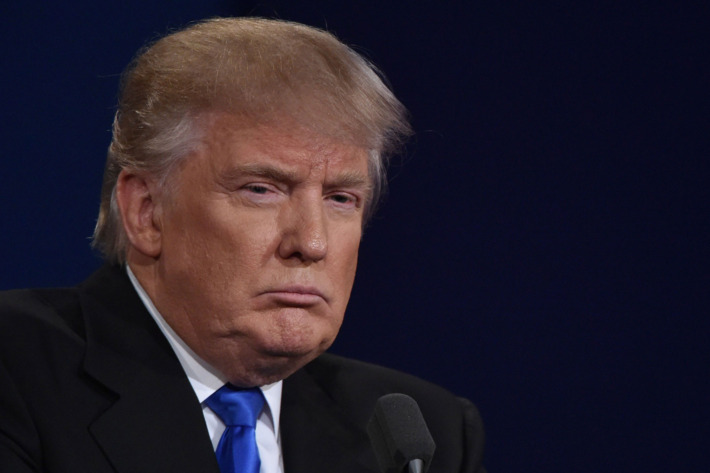Challenging the Conundrum of Reporting on Trump's Statements: A Decade of Difficulties

As US President-elect Donald Trump prepares for his re-election, the media is once again grappling with the daunting task of reporting on his statements, which are often characterized by their absurdity and lack of tangibility. A recent press conference at his Mar-a-Lago resort saw Trump propose renaming the Gulf of Mexico to "Gulf of America" and announce a $20 billion Emirati investment in US data centers, alongside reiterating his intention to impose tariffs on Mexico and Canada. The आगе, the question remains: how does one effectively report on statements that are not only hard to fact-check but also barely coherent?
The challenges of covering Trump's statements are multifaceted. Simply repeating his words without context leaves readers perplexed and misinformed, while fact-checking can inadvertently lend a veneer of reasonableness to claims that are fundamentally unreasonable. This dilemma has persisted for over a decade, with the media struggling to find an effective approach. Despite the best efforts of journalists, the outcome remains unchanged, prompting the question of whether there are deeper root causes at play that contribute to the ineffectiveness of current reporting strategies. Trump's remarks, such as the proposal to rename the Gulf of Mexico, which he believes would make the body of water "sound American," underscore the complexity of addressing his statements in a manner that is both informative and responsible.
The announcement of a $20 billion Emirati investment in US data centers and the repeated threats to impose tariffs on Mexico and Canada further complicate the narrative, intertwining economic, political, and diplomatic dimensions. The media's role in navigating these complexities while avoiding the perpetuation of misinformation is crucial. However, the conundrum of how to report on Trump's statements in a way that is both accurate and contextual, without inadvertently legitimizing falsehoods or absurdities, remains a significant challenge for journalism. As Trump's re-election approaches, finding an effective and balanced approach to reporting on his statements becomes increasingly imperative.
In conclusion, the media's struggle to adequately report on Donald Trump's statements highlights a profound challenge in contemporary journalism. The need for a balanced approach that contextualizes his remarks without lending credibility to unfounded or absurd claims is paramount. As the landscape of political discourse continues to evolve, addressing this challenge will be essential for maintaining the integrity and effectiveness of journalistic practices. The question of how to navigate this complex terrain remains open, underscoring the need for ongoing reflection and innovation within the media to ensure that the public is well-informed and not misled by the statements of public figures like President-elect Trump.